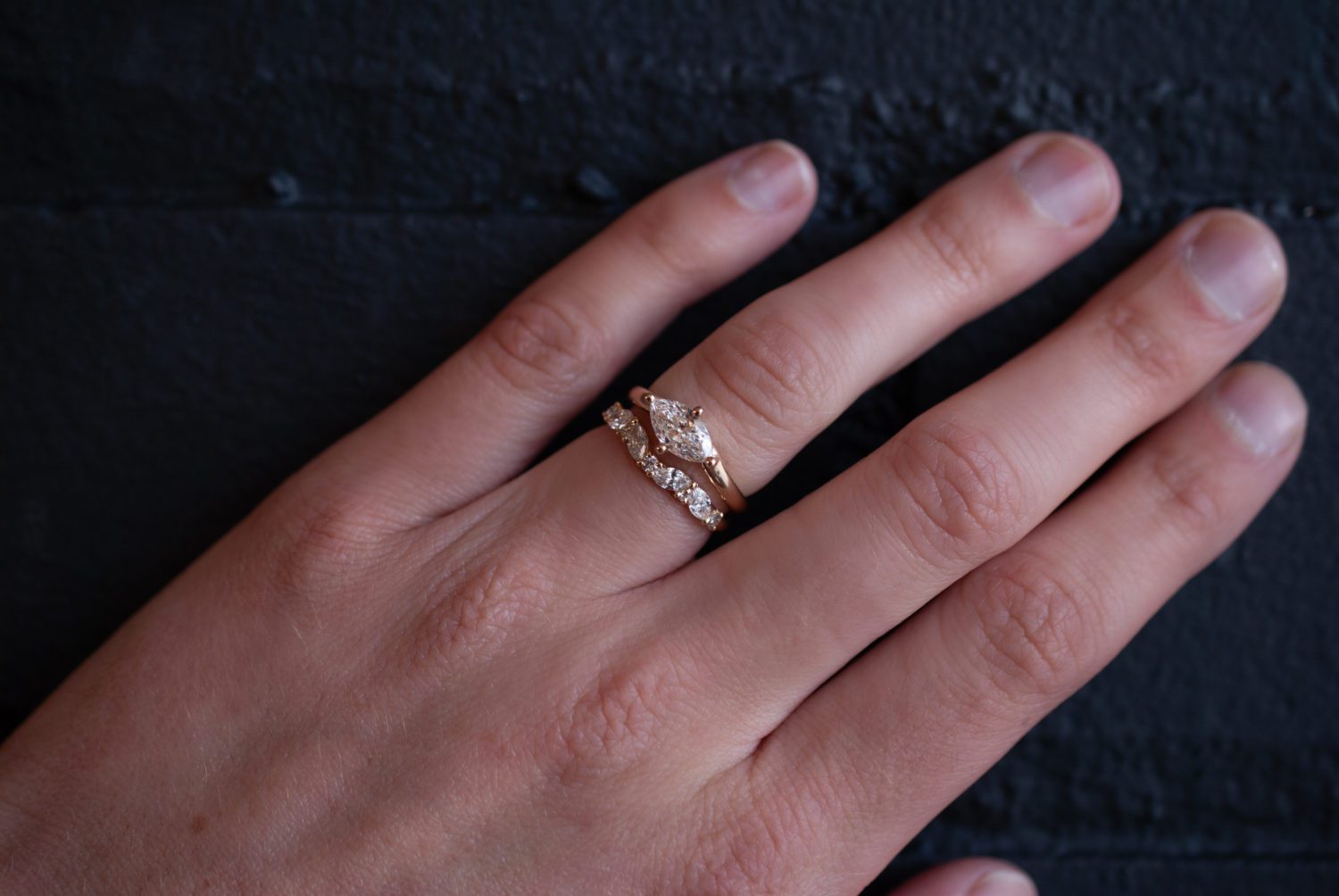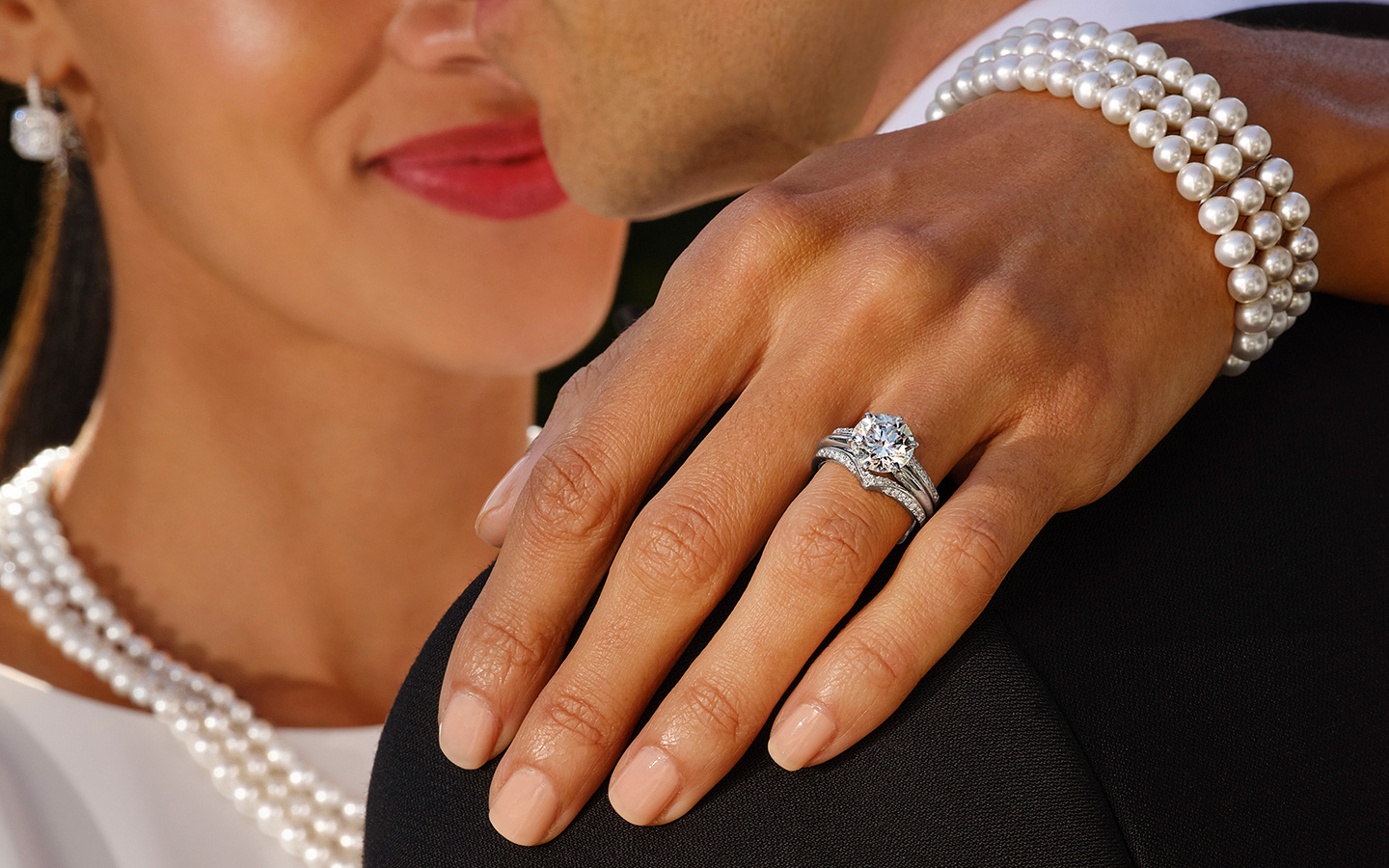IGI vs GIA: A Comprehensive Comparison of Two Leading Diamond Grading Institutions

When purchasing a diamond, one of the most important considerations is its certification. Understanding the quality and authenticity of a diamond can be difficult for the average consumer, which is where gemological institutes like the International Gemological Institute (IGI) and the Gemological Institute of America (GIA) come in. These two institutions are among the most well-known in the industry, offering diamond grading services. But when it comes to choosing between IGI vs GIA, it is important to understand their differences, grading processes, and how they affect the overall value of a diamond.
What is IGI and GIA?
Before we dive into the comparison of IGI vs GIA, it’s essential to understand who these organizations are. The Gemological Institute of America (GIA) was founded in 1931 and is one of the most respected names in the diamond industry. GIA is known for its thorough and precise grading process, and it has a reputation for being the industry standard. On the other hand, the International Gemological Institute (IGI) was established in 1975 and has grown to become one of the largest gemological laboratories worldwide. IGI is known for offering a more affordable and accessible grading service but is sometimes considered less rigorous than GIA.
Grading Criteria: IGI vs GIA
The grading of a diamond is determined by its four Cs: cut, color, clarity, and carat weight. Both IGI vs GIA follow the same basic principles when grading diamonds, but there are some differences in how each institution approaches the grading process. GIA, being more established and recognized as the industry leader, has a reputation for its meticulous grading practices. It ensures that diamonds are graded under controlled conditions and by trained professionals. GIA’s grading reports are generally considered the most reliable in the market.
IGI, while offering a similar grading system, is sometimes seen as less strict. While the grading standards are similar, some industry experts believe that IGI tends to be slightly more lenient with certain aspects of grading, especially in terms of clarity and color. This is why some consumers may find diamonds graded by IGI to be priced more competitively than those graded by GIA.
Trust and Reputation: IGI vs GIA
When considering IGI vs GIA, one key factor is the reputation and trustworthiness of each organization. GIA’s grading reports are widely regarded as the most reliable and authoritative in the diamond industry. GIA has built a long history of providing accurate, unbiased, and consistent diamond assessments. For buyers, GIA’s certification provides peace of mind, as it is recognized globally by jewelers, consumers, and collectors alike.
IGI, while respected, has faced some criticism over the years regarding its grading practices. Some consumers and professionals believe that IGI’s reports may be less strict compared to GIA’s, leading to a perception that IGI-graded diamonds are of lower value. However, it is important to note that IGI is still widely trusted, especially in certain markets where it provides a more affordable alternative to GIA-certified diamonds.
Cost Differences: IGI vs GIA
Another significant difference between IGI vs GIA is the cost associated with grading a diamond. GIA diamonds are often more expensive due to the perceived higher quality of the grading process. GIA diamonds are typically priced at a premium because of their stringent grading standards and widespread recognition. For consumers seeking high-quality diamonds with the highest possible level of assurance, the GIA certification is often the preferred choice.
IGI, on the other hand, offers more affordable grading services. This makes IGI a popular choice for buyers who are looking for more budget-friendly options. While the cost of lab diamonds is often lower, it is important to consider whether the diamond’s grading matches the expectations for quality and value. In some cases, the price difference between IGI and GIA diamonds may be significant, but it is important to research the specific diamond to ensure it meets your standards.
Which One Should You Choose?
Choosing between IGI vs GIA depends on several factors, including your budget, preferences, and the importance you place on the grading institution’s reputation. If you are looking for the most widely recognized and trusted grading authority, GIA is the top choice. Their grading system is considered the most accurate, and their certification is highly regarded across the globe.
However, if you are on a budget and are looking for a less expensive diamond, IGI may be a good option. While the quality of IGI-graded diamonds may not always match GIA’s strict standards, many consumers find that IGI diamonds offer excellent value for the price.
Final Thoughts on IGI vs GIA
In the debate of IGI vs GIA, there is no clear winner; both institutions have their strengths and weaknesses. GIA is widely respected and considered the gold standard in diamond grading, offering a higher level of confidence for buyers. IGI provides an affordable alternative, making it a good choice for those looking for a budget-friendly option without sacrificing too much on quality. Ultimately, the decision between IGI vs GIA comes down to individual preferences and priorities. Whether you choose an IGI or GIA certified diamond, it is crucial to make an informed decision based on your specific needs.
Both IGI vs GIA are reputable organizations, and understanding their grading practices will help you make the best choice for your diamond purchase.




